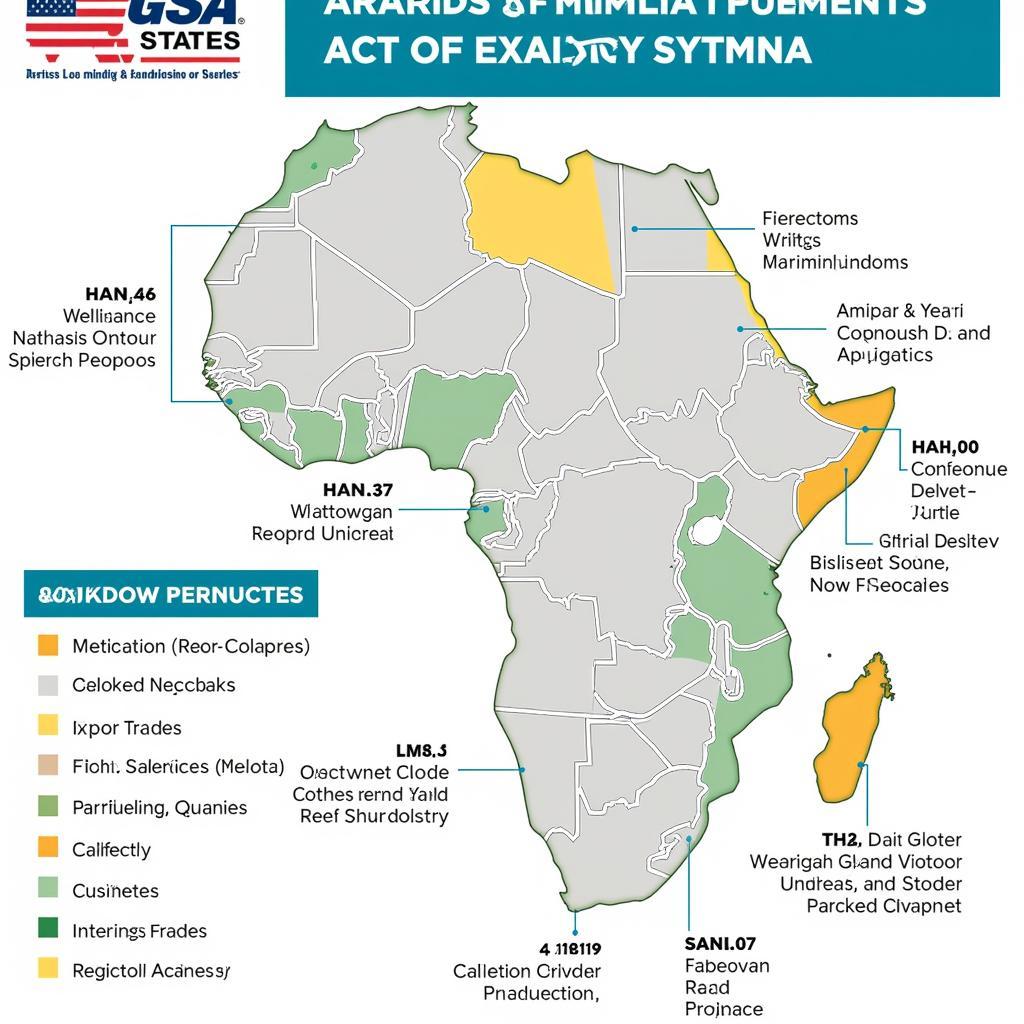Exploring the Lives of African Korean Babies
The fascinating intersection of cultures embodied by African Korean babies sparks curiosity and prompts important discussions about identity, belonging, and the rich tapestry of human experience. These children, born to parents from two vastly different backgrounds, represent a unique blend of African and Korean heritage. Their lives offer a glimpse into the complexities of navigating multiple cultural identities in a globalized world.
Understanding the African Korean Baby Experience
Raising an African Korean Baby often involves navigating a unique set of cultural nuances. From language to traditions, parents strive to create an environment that honors both heritages. This can mean incorporating Korean language lessons alongside celebrations of African holidays, or blending traditional Korean cuisine with African staples. The goal is to foster a strong sense of self and appreciation for the richness of their dual heritage.
This delicate balancing act can also present challenges. For example, African Korean babies may face questions about their identity from peers or even strangers. It’s crucial for parents to equip their children with the tools to navigate these situations with confidence and pride. Open communication, education about both cultures, and a supportive community can make a significant difference.
Navigating Identity and Belonging for African Korean Children
As African Korean children grow, they begin to grapple with questions of identity and belonging. Where do they fit in? How do they reconcile their dual heritage in a world that often categorizes people into neat boxes? These questions are not unique to biracial children, but they take on a particular significance when the cultures involved are as distinct as African and Korean.
One of the key aspects of supporting African Korean children is to foster a strong sense of self-worth. This involves celebrating their unique blend of cultures and helping them understand that their identity is not a source of confusion, but rather a source of strength. It’s important to emphasize that they don’t have to choose one culture over the other; they can embrace both fully.
Building Bridges: Connecting with Both Cultures
Connecting with both their African and Korean roots is essential for African Korean babies. This can involve learning about the history, traditions, languages, and values of both cultures. It can also mean building relationships with family members and community members from both sides of their heritage.
Opportunities for cultural immersion can play a crucial role in this process. Visiting Korea or an African country, attending cultural events, and learning traditional arts and crafts can provide invaluable experiences that deepen their understanding and appreciation of their dual heritage.
What are the unique challenges faced by African Korean families?
One of the most significant challenges is navigating societal expectations and biases. Sometimes, these families may face prejudice or misunderstanding from both the African and Korean communities, due to cultural differences and ingrained prejudices.
How can parents support their African Korean child’s identity development?
Open communication is key. Parents should create a safe space for their child to express their feelings and ask questions about their identity. Actively engaging with both cultures, celebrating traditions, and connecting with extended family members can foster a strong sense of belonging.
Where can I find resources and support for African Korean families?
Online communities and forums can be valuable sources of support and information. Connecting with other families with similar experiences can create a sense of community and shared understanding. Additionally, cultural centers and organizations often offer programs and resources for families from diverse backgrounds.
In conclusion, the lives of African Korean babies are a testament to the beauty and complexity of cultural exchange. These children embody a unique blend of heritages, offering a glimpse into a future where cultural boundaries are increasingly fluid. By nurturing their dual identities and providing them with the tools to navigate the challenges and opportunities that come with their unique background, we can empower them to thrive and contribute to a more inclusive and interconnected world. Understanding and celebrating the lives of African Korean babies enriches our understanding of what it means to be human in a globalized society.
FAQs
-
What are some common challenges faced by African Korean babies?
Answer: Navigating societal expectations, cultural differences, and potential biases can be challenging. -
How can I support my African Korean child’s cultural identity?
Answer: Encourage exploration of both heritages, celebrate traditions, and foster open communication. -
Where can I find resources for African Korean families?
Answer: Online communities, cultural centers, and support groups can offer valuable resources. -
How can I teach my African Korean child about both cultures?
Answer: Incorporate language learning, traditional storytelling, and cultural events into family life. -
What are some tips for raising an African Korean baby?
Answer: Embrace both cultures, create a supportive environment, and address questions about identity openly. -
How can I help my African Korean child feel a sense of belonging?
Answer: Connect with extended family, participate in cultural events, and foster a strong sense of self-worth. -
What are some ways to celebrate the dual heritage of an African Korean baby?
Answer: Blend culinary traditions, incorporate both languages into daily life, and celebrate holidays from both cultures.
For further support, please contact us: Phone: +255768904061, Email: kaka.mag@gmail.com or visit our office in Mbarali DC Mawindi, Kangaga, Tanzania. We offer 24/7 customer service. You can also find more information on our website about adopting in Africa and Korean cultural exchange programs. We encourage you to explore our resources and learn more about supporting diverse families.

